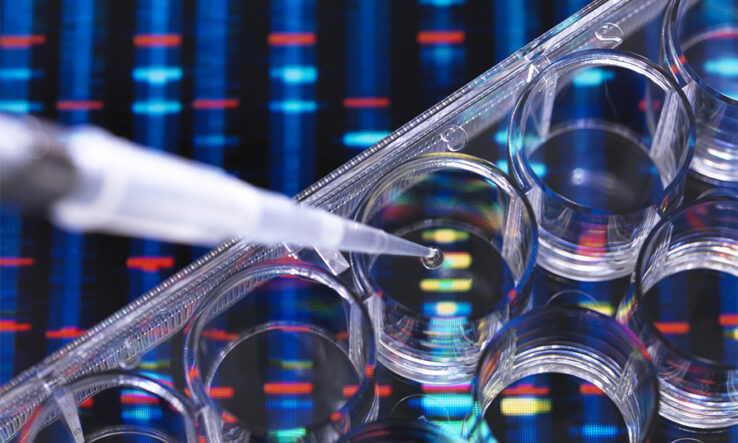
Image: Westend61, via Getty Images
Tight laws around genetics can lead to better outcomes, Australian study finds
Researchers using gene technologies should accept and work with regulation, a study of Australian practices has said.
The report on 16 June from researchers at the Australian Research Council Training Centre for Future Crops Development says that while many researchers consider regulation “problematic”, they should instead see it as a path to social licence.
A resurgence in the use of gene editing “has reinvigorated longstanding global debates about if and how such technologies should be regulated”, the report says.
In a statement on 23 June, the group said that regulation plays a vital role in the innovation process by encouraging public involvement and building trust in emerging gene technologies, particularly in agricultural use.
A helpful filter
The study, published in the Plant Journal, reviewed a range of social science research around gene technology regulation. It found that “regulation is an important part of the innovation process, introducing ways for different publics to engage with research to understand if the technological application is considered to be desirable and beneficial beyond the laboratory bench or field trial”.
Co-author Michail Ivanov said that “we often hear scientists working in agricultural genomics talk about regulation as problematic, emphasising that regulation is a ‘bottleneck’ or a ‘hurdle’ that limits research and innovation in crop sciences”.
“However, we argue that calling regulation a ‘bottleneck’ depends on your perspective and what your goals are.
“We contend that regulation is actually an important part of the innovation process as it allows regulators and diverse publics to get involved in the research and assess whether a new technology is truly needed, desirable and beneficial outside of the lab or field.
“Instead of being a bottleneck, regulation can be seen as a filter as it helps remove elements of science and innovation that could cause problems or harms to society or the environment, making sure that new technologies align with societal expectations and values before they are widely used.”
View this article on Research Professional
